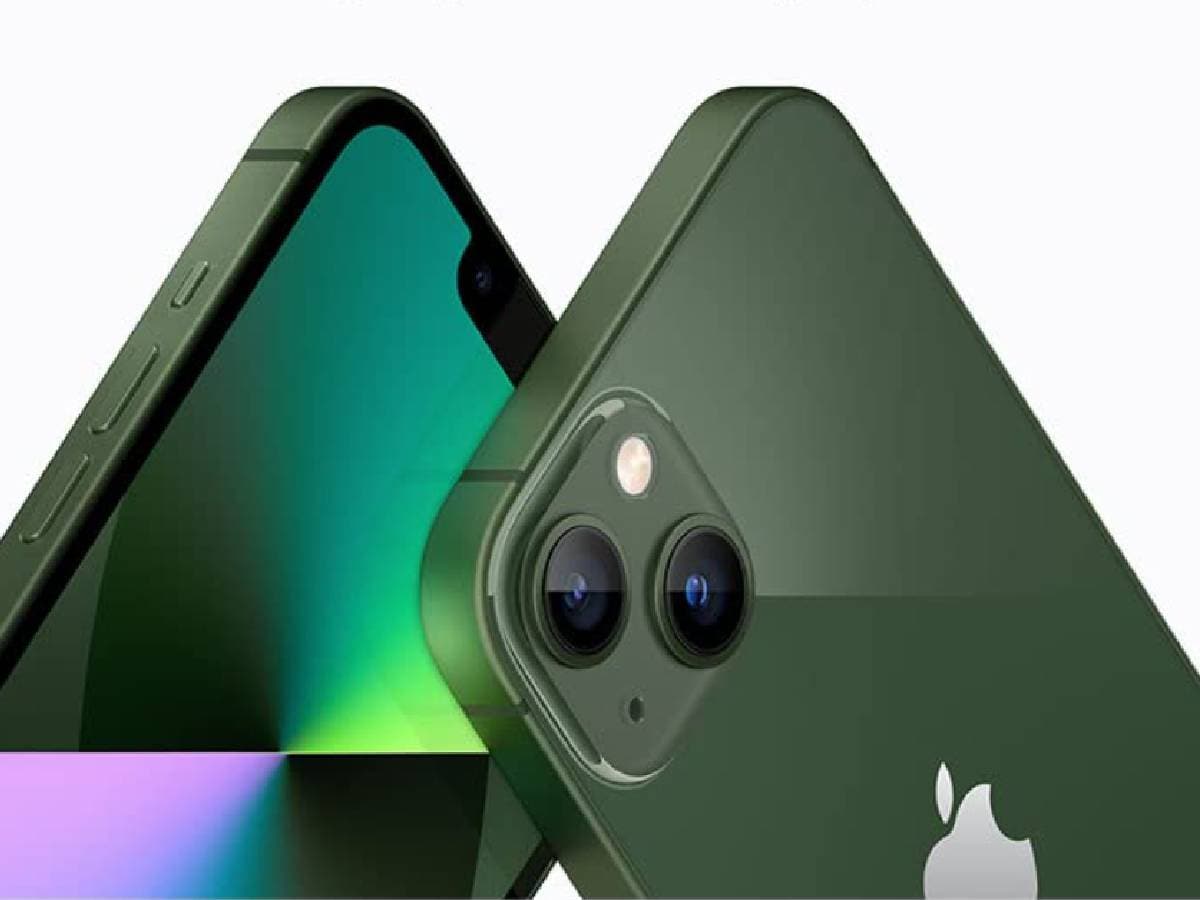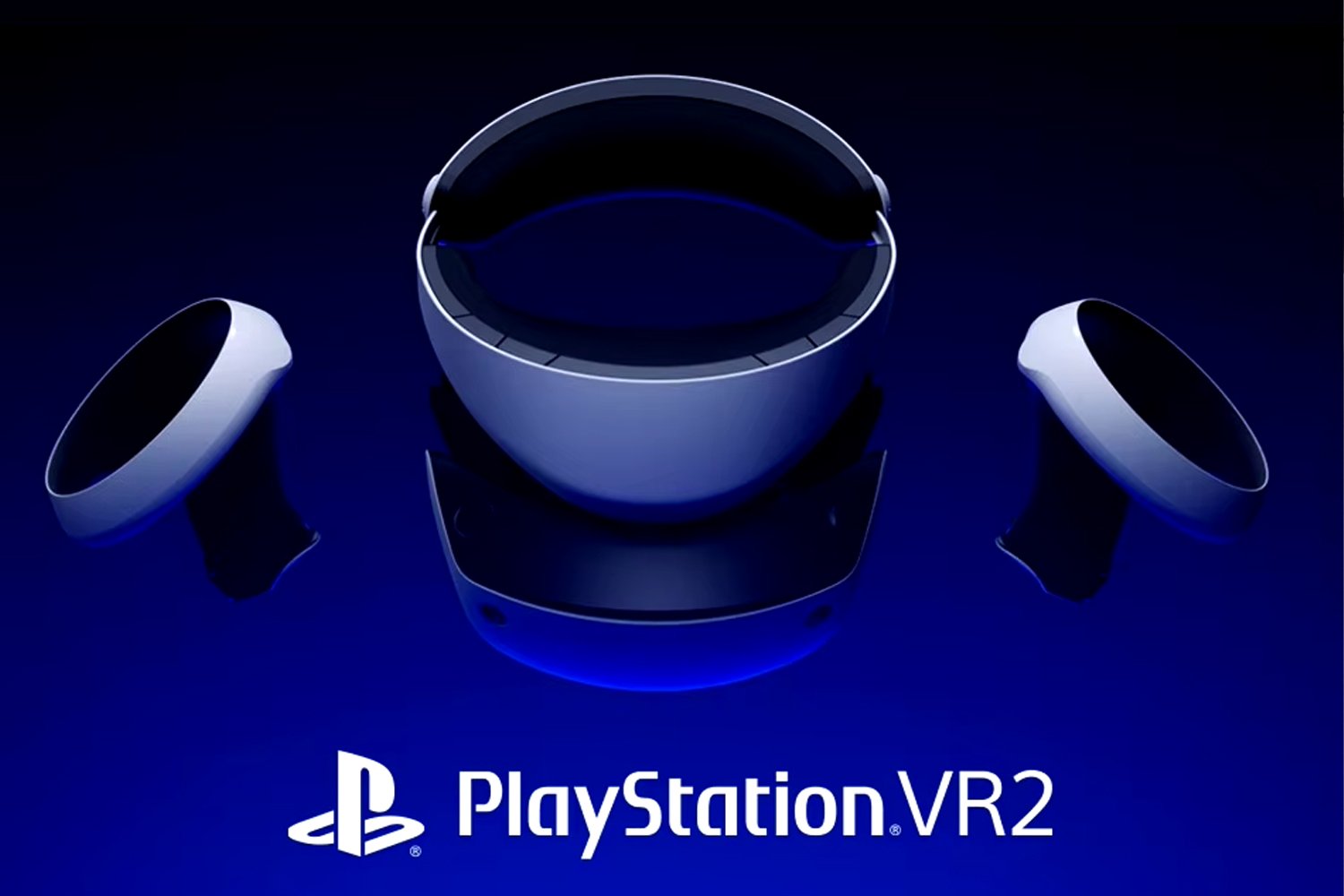The personal computer market is undergoing a significant shift as ARM processors gain ground in a PC architecture that Intel (and AMD) has monopolized for the past three decades. Intel, in addition to competing with a giant like Apple, has ‘another enemy at home’, Qualcomm, which intends to gain ground in the home of Windows.
Michelle Johnston Holthaus, interim co-CEO of Intel, has attacked Qualcomm at the Barclays Annual Global Technology Conference, stating that the laptops powered by this manufacturer they have high return rates: “If you look at the return rate of ARM PCs, you talk to any retailer and their main concern is that they return a large percentage of these to me”.
A Qualcomm spokesperson denied the biggest claim, stating that «our device return rates are within industry standards«. In addition, he touched on Intel’s biggest fears: «between 30% and 50% of laptops will stop belonging to x86 in the next five years».
Changes in PC architecture
Although ARM PCs certainly have a lot to improve, especially in application compatibility or gaming performance, it is no less true that the x86 architecture monopoly has already ended. And that is where some of Intel’s serious business problems come from. While machines with Qualcomm Snapdragon .
In addition, Microsoft, Intel’s preferred partner to maintain dominance of the ‘Wintel’ platform, has opened its interest to other alternatives with an alliance with Qualcomm that is expected to be expanded soon with other players. Additionally, Microsoft and its partners among independent software vendors (ISVs) and independent hardware vendors (IHVs) are on their way to resolving the software compatibility issues (as Apple has already achieved) which right now is the biggest problem for the adoption of ARM in PCs.
Despite the ‘attacks’ on Qualcomm, Intel executives recognize the reality of changes in PC architecture. At the Barclays conference, Johnston Holthaus stated that «We will have more competitors than ever. “We will see more competitors enter the market in 2025,” in relation to the rumored entry of MediaTek and NVIDIA with their ARM chips for PCs in what will be a turning point. In particular, the green giant will be a considerable enemy for Intel due to the level of graphics and AI performance of its chips.




/cdn.vox-cdn.com/uploads/chorus_asset/file/23932739/acastro_STK070__01.jpg)




